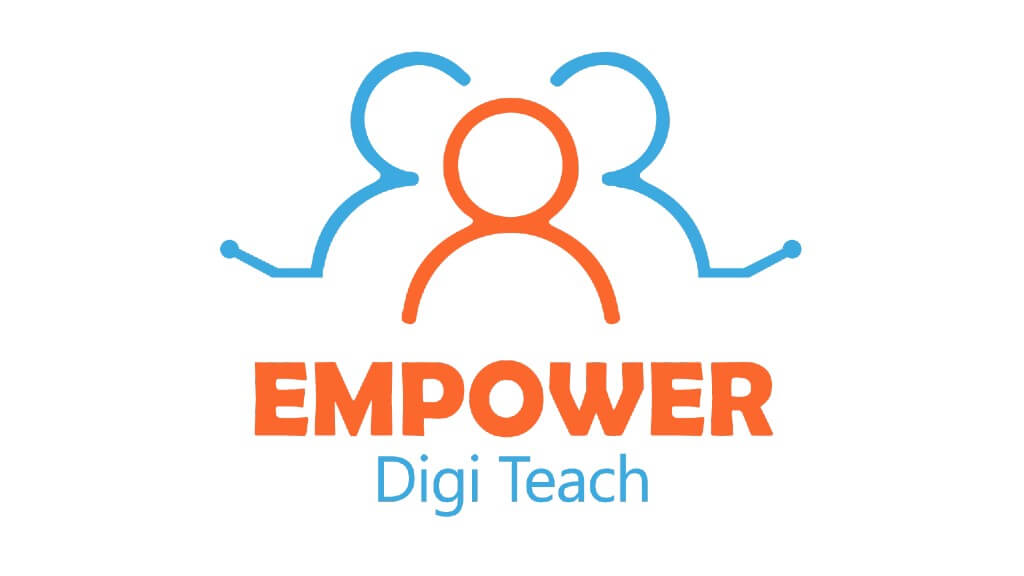UOC looks to improve teachers' competences in developing digital educational resources
Five higher education institutions driven by the rapid increase in digitalization, particularly following the Covid pandemic, are working on the European Empower Digi Teach project
The Universitat Oberta de Catalunya (UOC), together with four European partner institutions (Turkey's Dokuz Eylül University and Kastamonu University, Portugal's University of Minho and the Romanian NGO Centrul Pentru Promovarea Invatarii Permanente), is participating in the European Erasmus+ project Empowering Digital Competences of Teachers with Designing Digital Learning Materials Through Gamification (Empower Digi Teach), until 2025.
The project's mission is to improve teachers' competences in the development of effective and innovative resources, a task of crucial importance in an increasingly digitalized environment. A number of studies have concluded that, in the field of education, students have perceived a lack of digital competences in teaching staff, an issue that this project, in which the UOC is involved, seeks to address.
According to a 2021 Eurydice study, more than 53% of teachers in OECD countries use digital technologies in classwork and projects. International reports from the OECD and TALIS issued in 2020 concluded that teachers were not well prepared for integrating technology into learning and were not able to develop digital learning resources for use in their teaching.
Digital competences: the most important area for improvement
This shortcoming is also perceived by students. For example, a 2020 European Commission survey concluded that higher education students across the European Union regarded online courses as being too similar to face-to-face ones, meaning that they felt that digital skills and competences are perceived as the most important area for improvement. One of the objectives of this project is to help improve education quality by assisting teachers in the challenge of creating and integrating digital materials into learning.
UOC project members include Sílvia Alcaraz Domínguez and Elena Barberà, who are e-learning specialists, alongside researchers from the university's Faculty of Psychology and Education Sciences. Alcaraz Domínguez remarked that the initiative's mission was to "improve teachers' digital competences, specifically those associated with the creation of digital teaching resources". She added: "We've chosen to do so by means of a gamified online learning environment, which we regard as innovative and motivating for the teachers taking part."
The project will also create effective learning and teaching practices, collaboratively between the participating teachers and the project's researchers. One of the project's most important features is the introduction of gamification strategies and digital tools to complement teaching materials.
Although involved in all the project's areas, the UOC researchers are leading the one involving the design and development of the content of an online learning environment for teachers. "This content will come in different formats (text, video, reading, etc.) and will be integrated in the gaming system to provide a dynamic and meaningful learning experience," explained Alcaraz Domínguez.
Innovation in teaching and learning approaches, including gamification
The group of researchers and teachers participating in the project will be working in partnership to foster a learning community culture, in which it will be possible to innovate, implement, modify and reflect upon teaching practices. This process should help them find innovative teaching and learning alternatives that take gamification into account.
By the end of the project, the partners hope to be in a position to help develop teachers' digital skills and resilience and thereby assist them with their teaching activities. The aim is also to disseminate the project's outcomes to share the resulting knowledge and broaden its impact to encompass other educators.
This research by the UOC supports Sustainable Development Goal 4, Quality Education.
Press contact
Sònia Armengou Casanovas
sarmengouc@uoc.edu
+34 619 413 823
UOC R&I
The UOC's research and innovation (R&I) is helping overcome pressing challenges faced by global societies in the 21st century by studying interactions between technology and human & social sciences with a specific focus on the network society, e-learning and e-health.
Over 500 researchers and more than 50 research groups work in the UOC's seven faculties, its eLearning Research programme and its two research centres: the Internet Interdisciplinary Institute (IN3) and the eHealth Center (eHC).
The university also develops online learning innovations at its eLearning Innovation Center (eLinC), as well as UOC community entrepreneurship and knowledge transfer via the Hubbik platform.
Open knowledge and the goals of the United Nations 2030 Agenda for Sustainable Development serve as strategic pillars for the UOC's teaching, research and innovation. More information: research.uoc.edu.
Experts UOC
Press contact
-
Editorial department
